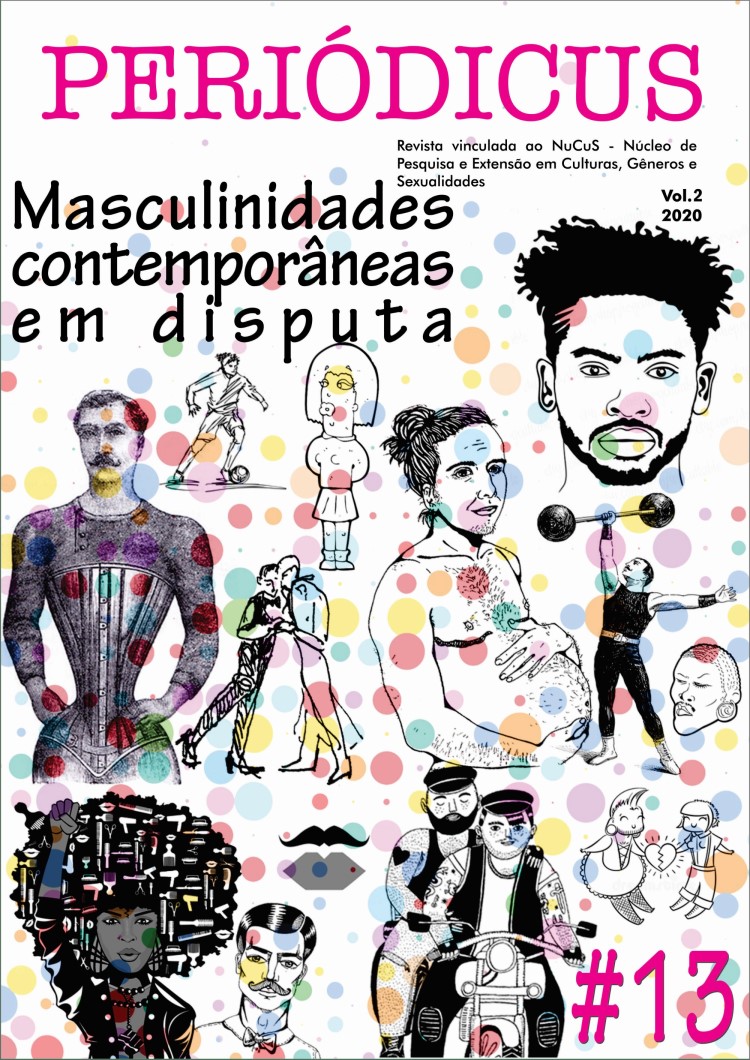Guerras culturais e novos imperialismos em contextos africanos: o trânsito da teoria Queer em meio ao novo conservadorismo cristão
DOI:
https://doi.org/10.9771/peri.v2i13.32324Resumo
a chegada da teoria queer para os contextos do Sul Global e, em particular, para o continente africano é muitas vezes enxergada como a reprodução do neoimperialismo e como um novo braço do colonialismo. Gênero e sexualidade estariam, assim, se tornando veículos de exportação da modernidade ocidental, através das agendas da “Internacional Gay”, (MASSAD, 2007), com suas lógicas salvacionistas e homonacionalistas. Outras estratégias neoimperialistas estão, porém, em jogo na contenda do continente africano e na disputa sobre a existência da dissidência sexual em muitos países da África. Trata-se dos novos fundamentalismos religiosos, de matriz evangélica neopentecostal que, nas últimas décadas, assumiram um papel preponderante no alastramento de medidas repressivas e de formas de violência contra pessoas sexualmente dissidentes, em vários lugares da África. Novas pesquisas inquietantes apontam para o massivo envolvimento da direita cristã norte-americana nas vicissitudes internas de Uganda, Nigéria e de outros países africanos, através da exportação e da “globalização das guerras culturais”, (KAOMA, 2009), cujos efeitos pesam violentamente sobre as comunidades LGBTIQ, nestas regiões. Tais conclusões nos ajudam a fortalecer a rejeição de discursos que tipificam a “homofobia africana” como uma “história única” (MACHARIA, 2010; NDASHE, 2013), e a desconstruir a retórica homonacionalista da oposição entre o Ocidente supostamente moderno e progressista e a África tradicional, violenta e pré-moderna.Downloads
Downloads
Publicado
Como Citar
Edição
Seção
Licença
Copyright (c) 2020 Caterina Alessandra Rea

Este trabalho está licenciado sob uma licença Creative Commons Attribution-NonCommercial 4.0 International License.
Autores que publicam nesta revista concordam com os seguintes termos:
Autores mantêm os direitos autorais e concedem à revista o direito de primeira publicação, com o trabalho simultaneamente licenciado sob Licença Creative Commons Attribution Noncommercial que permite o compartilhamento do trabalho com reconhecimento da autoria e publicação inicial nesta revista, sendo vedado o uso com fins comerciais.
Autores têm autorização para assumir contratos adicionais separadamente, para distribuição não-exclusiva da versão do trabalho publicada nesta revista (ex.: publicar em repositório institucional ou como capítulo de livro), com reconhecimento de autoria e publicação inicial nesta revista.
Autores têm permissão e são estimulados a publicar e distribuir seu trabalho online (ex.: em repositórios institucionais ou na sua página pessoal) a qualquer ponto antes ou durante o processo editorial, já que isso pode gerar alterações produtivas, bem como aumentar o impacto e a citação do trabalho publicado (Veja O Efeito do Acesso Livre).








